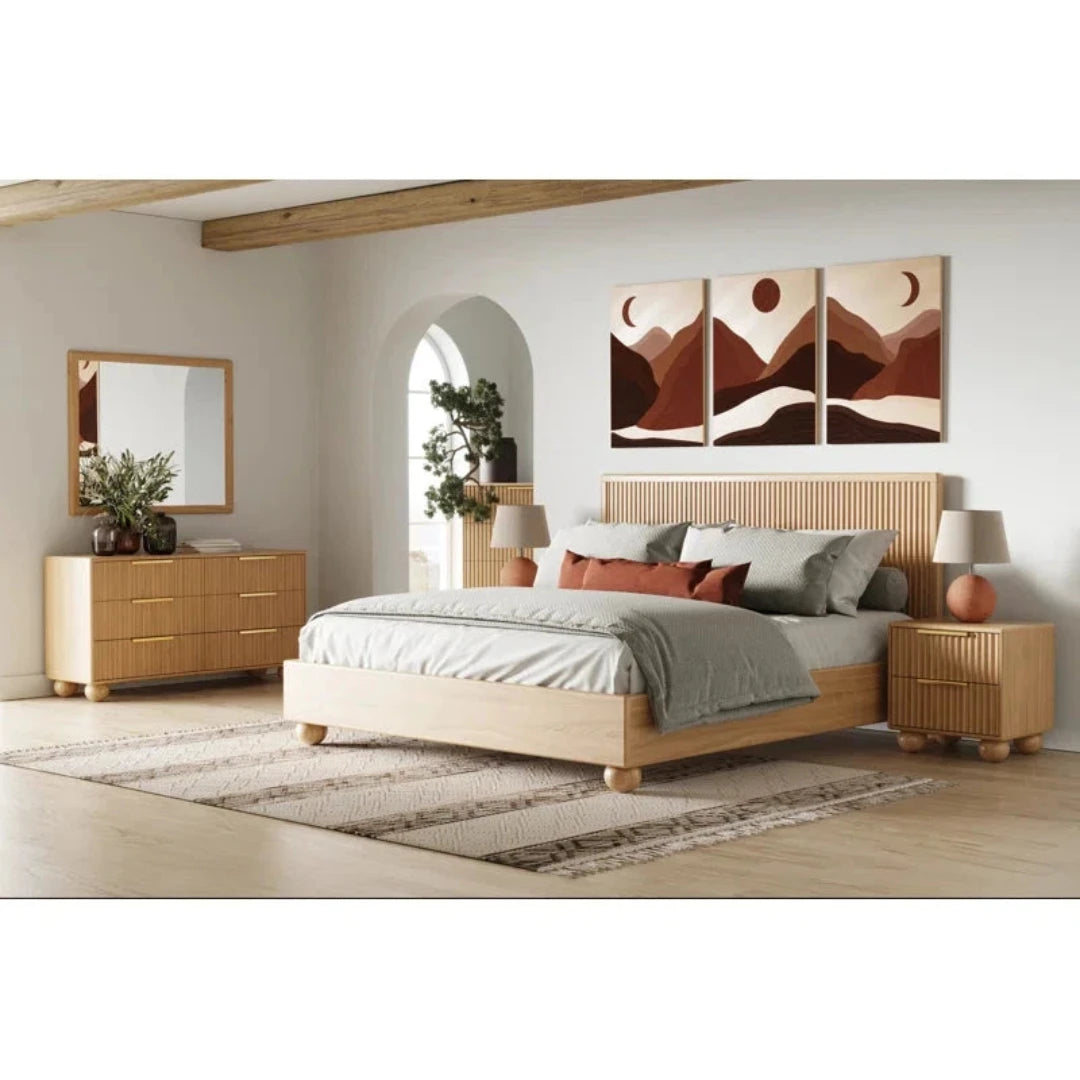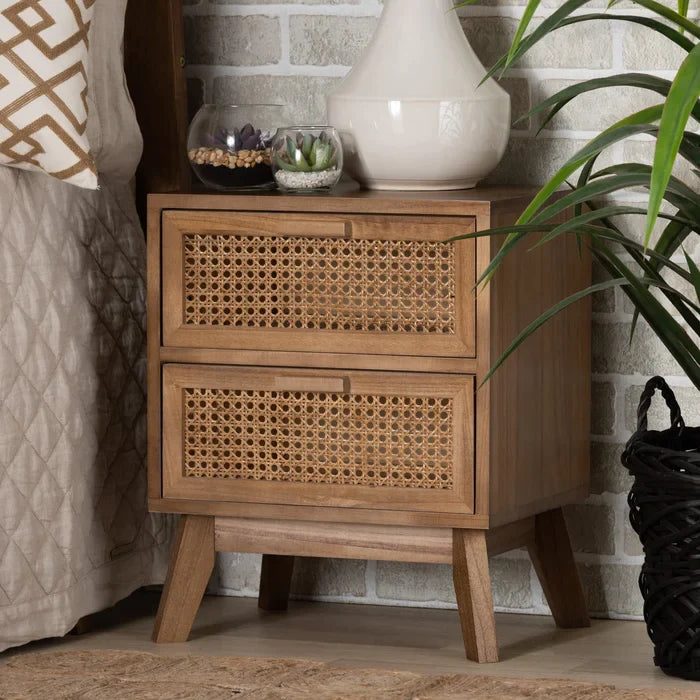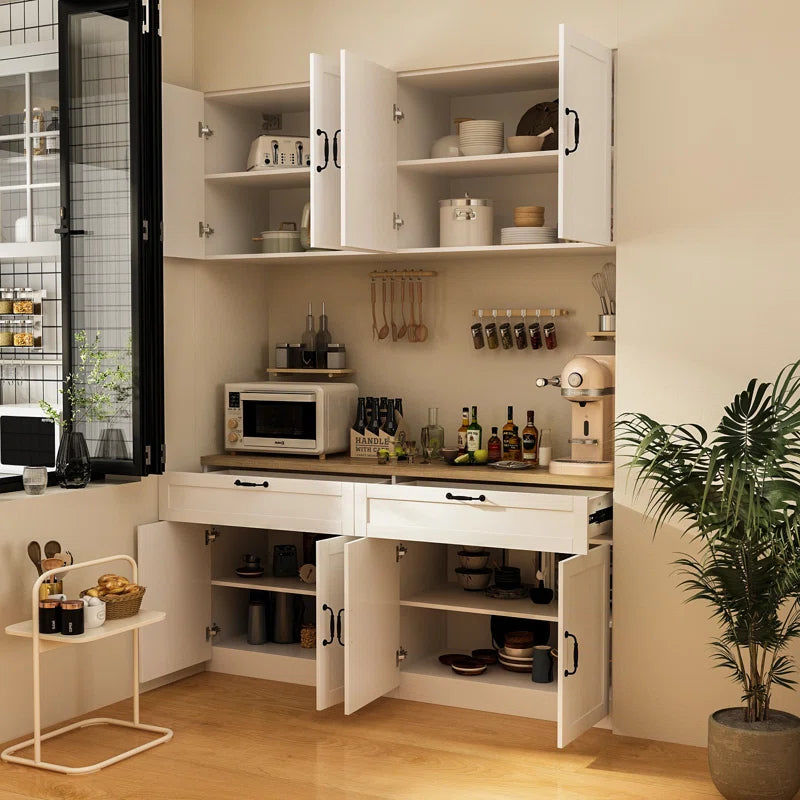Cart
0
Nowadays, buying furniture for the home is a big challenge for us. If you go for the right piece of furniture, you can add elegance to your home with comfort while adding function. Make sure you spend money on living room, dining room, and bedroom furnishings that you will like now and in the future.
Here are some furniture guidelines for shopping:
Do's While Buying Furniture
Prioritize: Examine your property and determine what furniture you require. By setting priorities, you can attempt to stretch your budget to cover your "must haves" while, ideally, leaving some money for your wish list.
Take Measurement: Before buying furniture, measure your space for the right piece. Also, draw a floor plan to visualize how you will arrange furniture in your room. Remember to incorporate window and door openings.
Consider Scale: The furniture you select should be the appropriate size for the room. If you find the bed or sofa you like, put the blue tape on your floor to ensure it will fit.
Think About Comfort: It is essential to take care of comfort before choosing furniture so that you can sit or lie on it for a long time.
Go For Quality: When investing in furniture for your home, go with long-lasting name brands like Furnishiaa. While some less expensive furniture made of lower-quality materials could initially seem like a decent choice, remember that you'll need your furniture to be strong enough to endure use.
Don'ts while Buying Furniture
Ignoring Your Lifestyle: If you live with a family that includes small children and dogs, pay close attention to the furniture that suits your lifestyle. For upholstered furniture, performance fabrics with hygienic materials may be an option.
Making Impulsive Decisions: Conduct your research and have a concept of what you want to buy rather than allowing yourself to be seduced into purchasing a piece of furniture you may soon become tired of.
Purchasing Too Much: Even if you don't especially subscribe to the minimalist maxim "less is more," overcrowding a space can make it feel small and claustrophobic.
Avoiding Maintenance: It's important to remember that some materials require less maintenance than others. Choose rigid, hygienic materials for the furniture unless you intend to use them sometimes.






